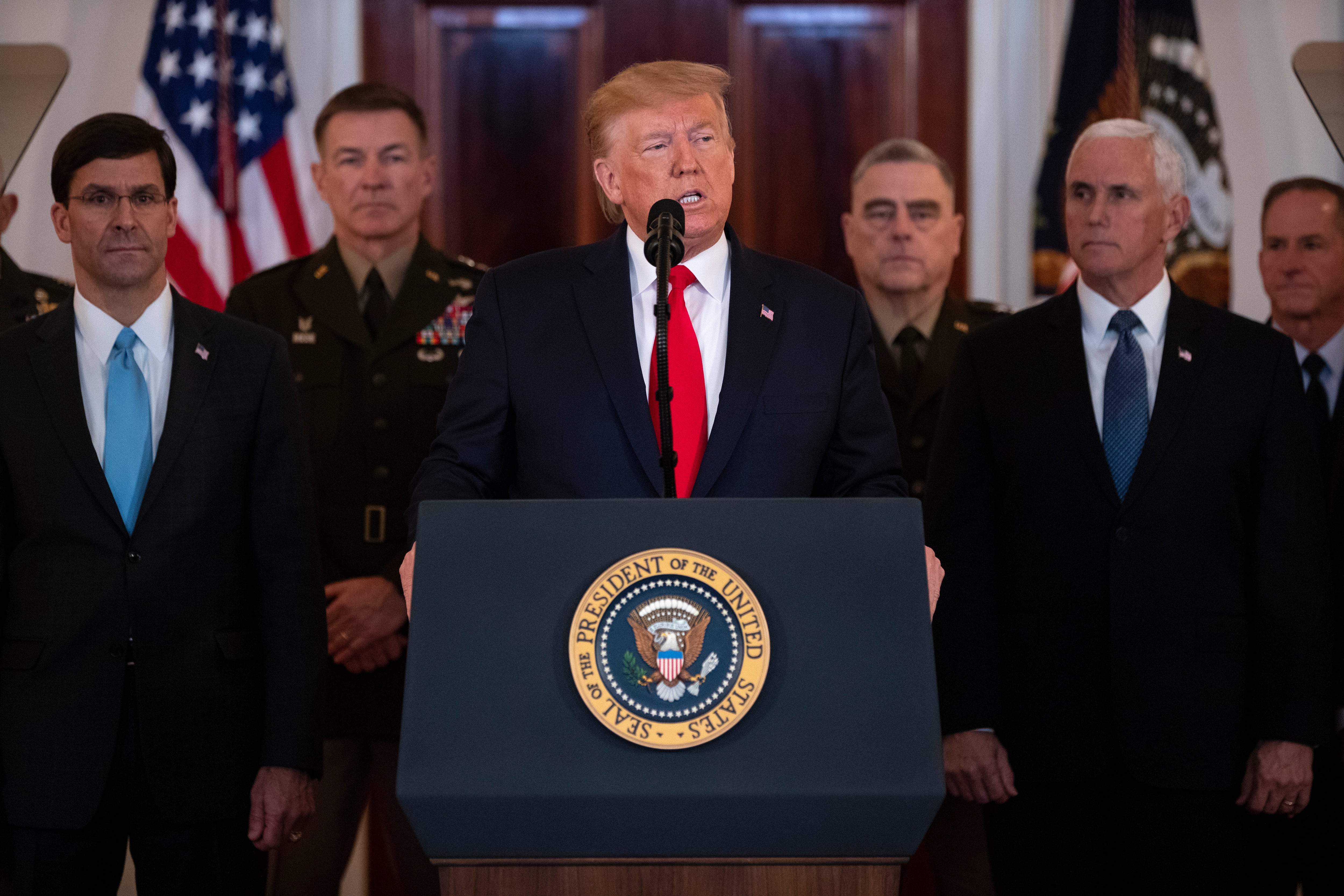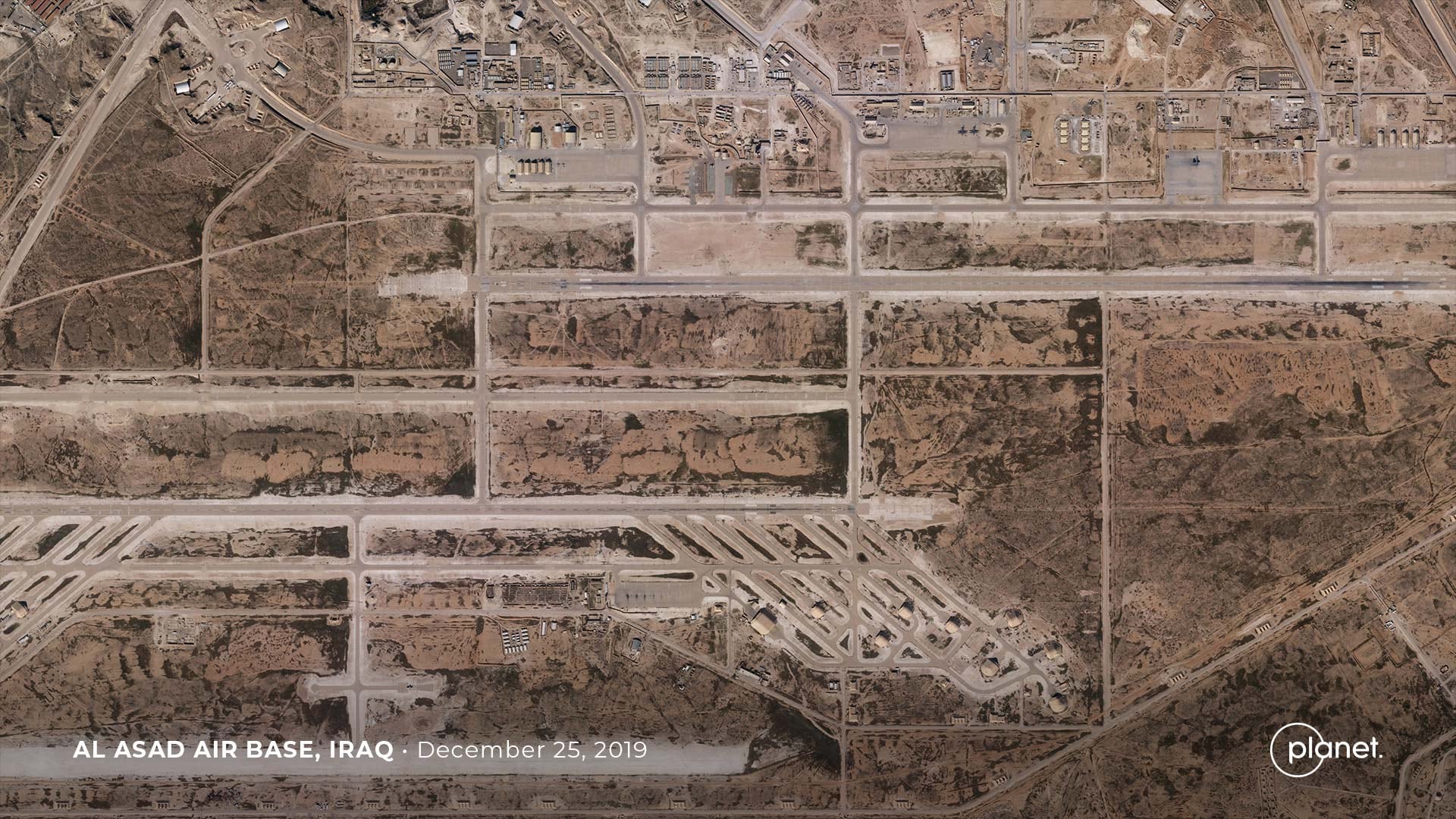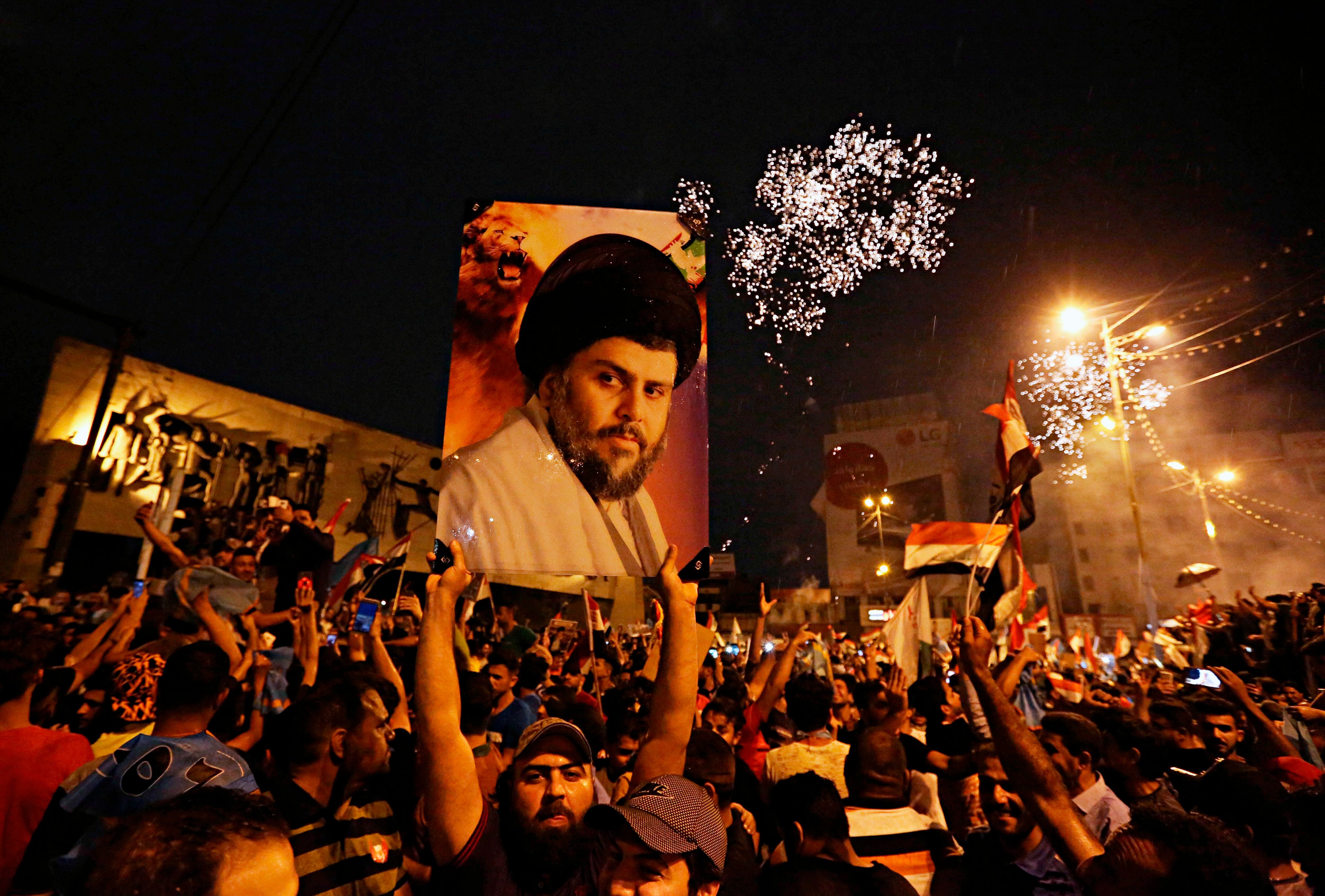A controversial Iraqi politician and Shia cleric said Wednesday that the crisis is over following ballistic missile strikes from Iran against U.S. troops in Iraq and a speech by President Donald Trump claiming Iran was “standing down.”
Muqtada al-Sadr, whose Mahdi army led a resistance against American troops following the U.S.-led invasion of Iraq in 2003, also called for restraint and patience, according to a message posted to Twitter.
In the message, Sadr called for Iraqi factions to not start military action and he asked militias to restrain extremist voices within the various groups.
RELATED

He also asked for Iraq to form a government within 15 days.
Moreover, an Iran-backed militia group believed to be responsible for a series of rocket strikes against coalition forces — which nearly sparked war between Iran and the U.S. — is calling for patience from its followers, according to a message posted by the group.
The message from Kata’ib Hezbollah was translated and posted by SITE Intelligence Group Wednesday.
The Iraqi Hezbollah group told its followers that “passions must be avoided” for the organization to achieve its goal of expelling America from Iraq. While the group called for patience, the Iran-backed was still seeking a “calculated response."
SITE Intelligence Group told Military Times that the Iraqi Hezbollah group post its message before Trump’s speech Wednesday.
But the messages from U.S. antagonists Sadr and Kata’ib Hezbollah send some signals of a desire to deescalate tensions in the region.
U.S. officials believe Kata’ib Hezbollah is responsible for a number of rocket attacks against Iraqi bases housing coalition troops, including the deadly rocket attack on Dec. 27 that killed an American contractor and wounded four U.S. troops.
The rocket attacks precipitated a series of events that led to a U.S. airstrike on Dec. 29 against the militia group and a decapitation strike killing revered Iran Quds Force commander Qassem Soleimani as well as Kata-ib Hezbollah leader Abu Mahdi al-Muhandis.
On Tuesday, Iran launched more than a dozen ballistic missiles at al-Asad and Irbil — both Iraqi air bases housing coalition troops — in retaliation for the U.S. strike that killed one of its most important commanders.
No U.S. troops were killed or wounded in the strike, but the attack sparked widespread worries of an impending military clash between Washington and Tehran.
RELATED

Trump said Iran appeared to be “standing down” following the ballistic missile strike but warned of sanctions and military retaliation if it continued its malign behavior.
“Peace and stability cannot prevail in the Middle East as long as Iran continues to foment violence, unrest, hatred and war,” Trump said at the White House on Wednesday.
“The civilized world must send a clear and unified message to the Iranian regime that (their) campaign of terror, murder and mayhem will not be tolerated any longer," Trump said.
Iraqi Prime Minister Adel Abdul-Mahdi said he received advanced warning that Iran would soon start its retaliation against U.S. positions.
With no U.S. casualties and a number of the missiles landing in the dirt, some Pentagon leaders believe there is a chance to ameliorate tensions.
But Iran’s Supreme Leader Ayatollah Ali Khamenei warned the attack was not enough during a speech in Qom Province, Iran, following the ballistic missile attack, Iran state-run Islamic Republic News Agency reported.
“They were slapped last night, but such military actions are not enough. The corruptive presence of the U.S. in the West Asian region must be stopped," Khamenei said, according to IRNA.
Khamenei said the U.S. must leave the region, IRNA reported.
Iran could turn to its extensive network of proxies and militias to orchestrate attacks against American troops.
Hezbollah in Lebanon has warned of attacking U.S. ships and troops in the region.
Shawn Snow is the senior reporter for Marine Corps Times and a Marine Corps veteran.





